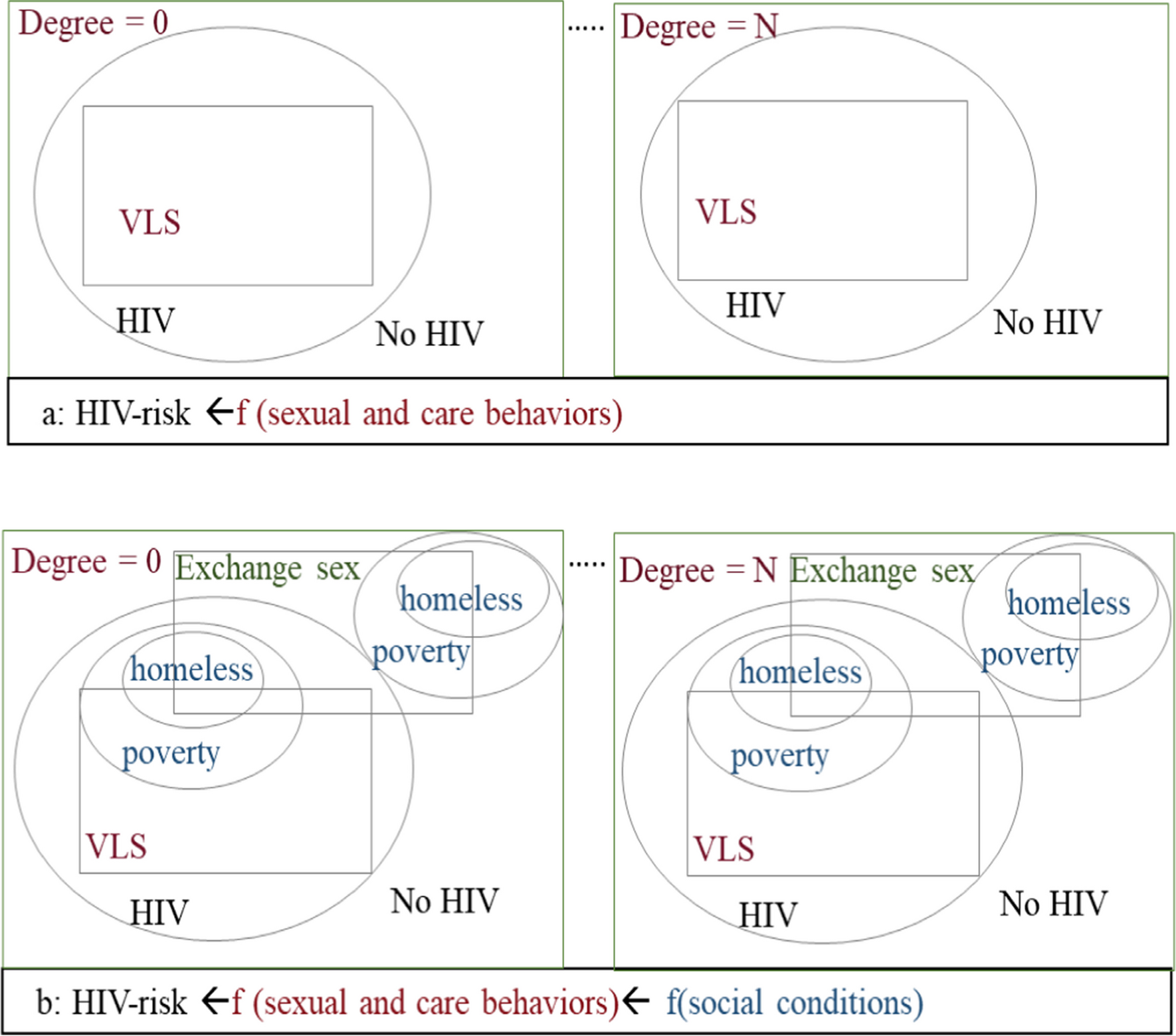2025-01-22 バージニア工科大学(VirginiaTech)
<関連情報>
- https://news.vt.edu/articles/2024/12/research_fralinbiomed_depressionrecovery_1216.html
- https://www.sciencedirect.com/science/article/pii/S0165032724015519
- https://journals.sagepub.com/doi/10.1177/21677026231213368
うつ病寛解の予測因子としての強化学習過程 Reinforcement learning processes as forecasters of depression remission
Vansh Bansal, Katherine L. McCurry, Jonathan Lisinski, Dong-Youl Kim, Shivani Goyal, John M. Wang, Jacob Lee, Vanessa M. Brown, Stephen M. LaConte, Brooks Casas, Pearl H. Chiu
Journal of Affective Disorders Available online: 11 September 2024
DOI:https://doi.org/10.1016/j.jad.2024.09.066

Highlights
- Brain markers of reinforcement learning predict remission of clinical depression.
- Prediction accuracy holds independent of treatment status and treatment type.
- Depression symptoms affect prediction accuracy.
- Prediction accuracy is best when reward and loss learning are combined.
Abstract
Background
Aspects of reinforcement learning have been associated with specific depression symptoms and may inform the course of depressive illness.
Methods
We applied support vector machines to investigate whether blood‑oxygen-level dependent (BOLD) responses linked with neural prediction error (nPE) and neural expected value (nEV) from a probabilistic learning task could forecast depression remission. We investigated whether predictions were moderated by treatment use or symptoms. Participants included 55 individuals (n = 39 female) with a depression diagnosis at baseline; 36 of these individuals completed standard cognitive behavioral therapy and 19 were followed during naturalistic course of illness. All participants were assessed for depression diagnosis at a follow-up visit.
Results
Both nPE and nEV classifiers forecasted remission significantly better than null classifiers. The nEV classifier performed significantly better than the nPE classifier. We found no main or interaction effects of treatment status on nPE or nEV accuracy. We found a significant interaction between nPE-forecasted remission status and anhedonia, but not for negative affect or anxious arousal, when controlling for nEV-forecasted remission status.
Limitations
Our sample size, while comparable to that of other studies, limits options for maximizing and evaluating model performance. We addressed this with two standard methods for optimizing model performance (90:10 train and test scheme and bootstrapped sampling).
Conclusions
Results support nEV and nPE as relevant biobehavioral signals for understanding depression outcome independent of treatment status, with nEV being stronger than nPE as a predictor of remission. Reinforcement learning variables may be useful components of an individualized medicine framework for depression healthcare.
強化学習による問い合わせが行動変容を導く Reinforcement-Learning-Informed Queries Guide Behavioral Change
Vanessa M. Brown, Jacob Lee, […], and Pearl H. Chiu
Clinical Psychological Science January 24, 2024
DOI:https://doi.org/10.1177/21677026231213368

Abstract
Algorithmically defined aspects of reinforcement learning correlate with psychopathology symptoms and change with symptom improvement following cognitive-behavioral therapy (CBT). Separate work in nonclinical samples has shown that varying the structure and statistics of task environments can change learning. Here, we combine these literatures, drawing on CBT-based guided restructuring of thought processes and computationally defined mechanistic targets identified by reinforcement-learning models in depression, to test whether and how verbal queries affect learning processes. Using a parallel-arm design, we tested 1,299 online participants completing a probabilistic reward-learning task while receiving repeated queries about the task environment (11 learning-query arms and one active control arm). Querying participants about reinforcement-learning-related task components altered computational-model-defined learning parameters in directions specific to the target of the query. These effects on learning parameters were consistent across depression-symptom severity, suggesting new learning-based strategies and therapeutic targets for evoking symptom change in mood psychopathology.


